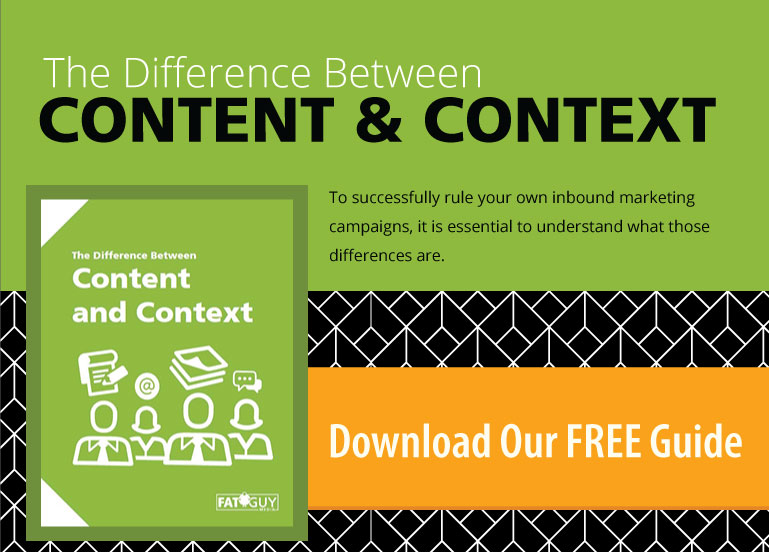The question “What is content marketing?” is one we field from both fresh, new leads and longtime clients often, probably because it’s difficult to understand with just a sterile definition. In this blog, we seek to clarify using a theoretical example.
What is Content Marketing?
For the sake of brevity, we’ll boil down the answer to the question “What is content marketing?” into the following: it’s a marketing method that uses written and visual content to help urge prospects and leads into becoming customers.
This content is often helpful and educational: it anticipates problems and questions your target audience may encounter, and offers solutions and answers to them.

It feels like we defined content marketing by using the words “content” and “marketing,” which doesn’t really explain it. So let’s use an example of an owner of an auto body shop who has a healthy, successful business, but wants more customers.
He’s aware that the average person knows next to nothing about servicing their car, so he thinks about potential questions they may have. He starts to post on social media and write blogs about simple, car-related issues, such as “How to Prepare a Car for the Winter” and “How Much Does an Oil Change Cost?” and begins to rank for them on Google.
As people search for these questions, they find his website, and, realizing he’s extremely qualified to deal with their car issue, they give his service a chance.
3 Ways Content Marketing Generates more Business
1. Search Engine Optimization
One benefit of content marketing reaped by the fictional auto body shop owner in the above example is known as search engine optimization (SEO), which is the process of improving visibility on search engine results pages (SERP).
By blogging enough about topics that people were searching for on Google, his website ranked higher, drastically increasing its visibility, and, therefore, his opportunity to attract new customers.

2. Establishing Authority
Developing high-quality content documents and demonstrates your business’ industry expertise, which is a whole lot better than baselessly claiming you’re the “#1 Auto Body Shop in New York!”
Needless to say, consumers are far more likely to patronize businesses that have proven track records of trust and reliability.
3. Share-ability
There are many forms of content, particularly photos, videos and short-form blogs, which are really likely to be shared on the internet.
Let’s pretend our imaginary auto body shop owner shares his blog post entitled “How Much Does an Oil Change Cost?” on his company’s Facebook Page. Someone who needs an oil change, but has no idea how much it costs for one and doesn’t want to get ripped off, sees the blog post title, reads it and becomes educated.
He decides not only to get his oil changed at the shop, but to share that post on his own Facebook, saying “Anyone who’s as clueless as I am when it comes to cars, read this before your next oil change!”

A few of his friends see it, and our beloved mechanic-turned-marketing-master just gained a customer and another huge boost in credibility and visibility, all thanks to his educational blog post.
You now know what is content marketing and just a few of the many benefits it provides. Remember that quality content creation takes time and resources, and is done best with the assistance of a professional.


